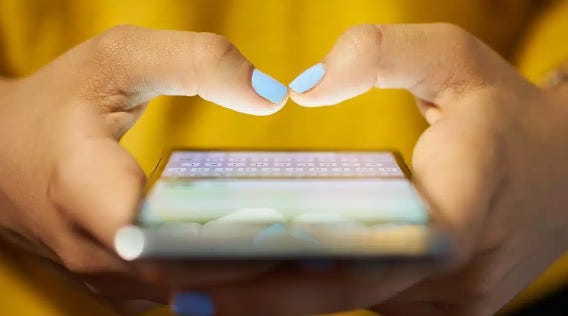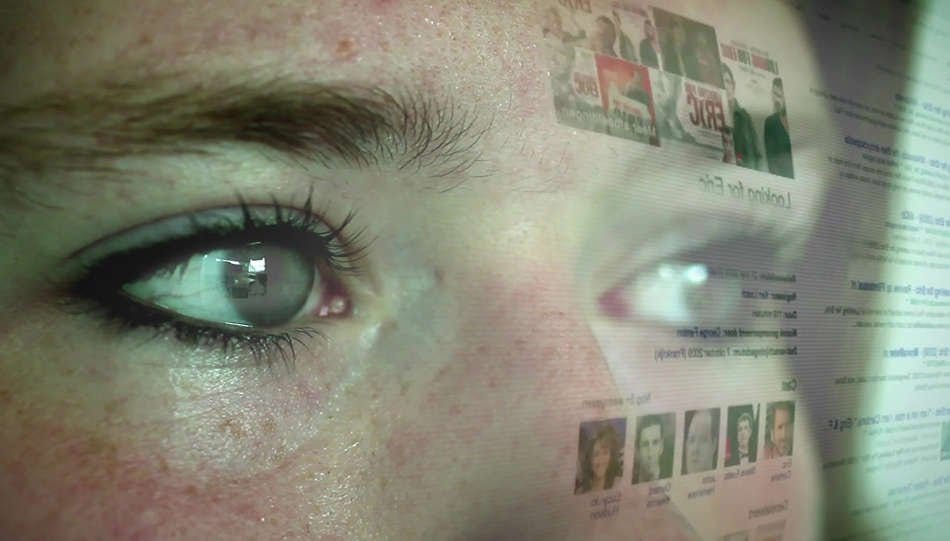In today's fast-paced society, life unfolds at a breakneck speed. This demand of modern living pushes us to multitask and juggle a myriad of responsibilities, often leaving us stretched thin and feeling overwhelmed. It’s a relentless hustle that challenges our ability to find balance and focus.
This physical burden is exasperated by a technology addiction that adds to the complexity of our lives. The constant barrage of stimuli, the incessant scrolling, clicking, and beeps of notifications, leaves us with short attention spans.
It’s a problem stemming from the ubiquity of cellphones. In America, smartphone ownership has skyrocketed from 68% in 2015 to a staggering 90% today. This dramatic increase is a testament to not only how deeply ingrained cellphones have become in our daily lives, but also how they’ve created a jarring emptiness and disconenction from reality.
Mental Health Consequences
With the pace we’ve set ourselves, it’s no surprise that our mental health is taking a hit. We're feeling more lonely, depressed, and anxious than ever before—almost like we're trapped in a digital prison.
Experts see much of this as contributing to a decline in certain cognitive skills. The instant access to information reduces our need to memorize facts or develop problem-solving skills. We crave information but shy away from the effort required to obtain it. We skim headlines and avoid in-depth articles, preferring quick snippets of information. Constant notifications and the pull of social media create distractions that can impair our ability to concentrate on tasks requiring sustained mental effort.
This habit of quickly looking up information eventually discourages critical thinking, deep learning and thoughtful analysis. Over time, this dependency can erode our cognitive resilience, leading to a reduced capacity for independent thought and intellectual growth.
Digital ADHD
Tecnnological addiction is a type of digital ADHD, because it transforms how we connect with others. Our digital bubble has reduced relationships to likes and comments. We're so focused on our screens, we're forgetting that the richness of real-life connections is essential for our mental and physical health.
There’s also the distractions. Our phones are constantly demanding our attention, and we're all too happy to oblige. We procrastinate, neglect our responsibilities, and sacrifice our relationships all for the sake of a quick dopamine hit. As historian Marshall Poe notes:
"A book is a machine for focusing attention; the Internet is a machine for diffusing it."
Some programmers refer to the techniques used to engage users as "brain hacking." By incorporating insights from neuropsychology, they design digital interfaces that maximize user interaction. Features like "likes" on social media, streaks on Snapchat, and engaging emojis are all designed to keep users coming back for more.
This constant engagement often leads to a race to the bottom of the brainstem, where fear and anxiety reside—two powerful motivators for advertisers. Both digital companies and advertisers utilize these techniques to capture our attention and keep us hooked.
The Physical Effects
The consequences of excessive digital engagement extend beyond mental health. Prolonged screen time can lead to significant changes in brain structure and function. Studies indicate that consistent internet use may result in reduced gray matter, loss of white matter, and impaired cognitive functioning.
Additionally, the blue light emitted from screens can disrupt melatonin production, affecting sleep quality. The World Health Organization has even classified cell phones as a possible human carcinogen due to the microwave radiation they emit.
Severing Digital Connections
The benefits of severing digital connections have become increasingly vital. But how do we achieve this? Here are some strategies to help lessen feelings of disconnection:
Intentional Disconnection: Set aside specific times for technology-free period thast help restore a sense of connection and fulfillment.
Promote Real-Life Connections: Encourage face-to-face interactions and participate in hobbies or activities that don’t involve technology.
Consciously Prioritize: Be mindful of how technology influences your life. Consciously choose to prioritize real-life experiences over digital distractions.
By following these points, you can reclaim your attention, deepen your relationships, and ultimately find a more fulfilling and connected life. In a world that often feels overwhelming, taking the time to unplug and engage with the world around us can lead to a richer, more meaningful life.
Your presence here is greatly valued, and that’s why all our articles are free on this site. But if you've found that the content benefits your life, please consider supporting it through a cost-effective paid subscription. This plays a vital role in covering operational costs and supports the continuation of this independent, unbiased research and journalism work. Thank you!!
If shy about commitments, feel free to leave a one-time tip!








